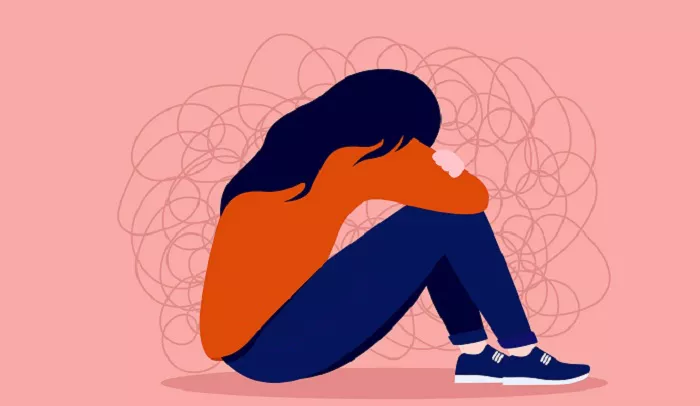Over the last 25 years, diagnoses of mental illnesses like depression, anxiety, ADHD, and autism have risen sharply. This increase worries many health experts, educators, and parents worldwide, especially in wealthy countries. But is this rise a true epidemic, or does it reflect changes in how we recognize and respond to mental health issues? Likely, it is a combination of both.
The World Health Organization (WHO) reported a 25% jump in anxiety and depression cases during the first year of COVID-19 alone. Yet, even before the pandemic, diagnoses of ADHD and autism were climbing. For example, autism prevalence in U.S. children rose from 1 in 150 in 2000 to 1 in 36 by 2020, according to the CDC. ADHD diagnoses have also steadily increased over two decades.
In contrast, conditions like schizophrenia have not shown this upward trend. Schizophrenia’s symptoms are more severe and distinct, making it less likely to be overdiagnosed. Its core definition has remained stable, and it affects a small, consistent portion of the population worldwide, about 0.3% to 0.7%. This suggests schizophrenia is less influenced by social or diagnostic changes.
The rise in reported mental illness has many social and structural causes, not just biological ones. Mental health is shaped by life experiences and environment. Factors like childhood trauma, poverty, chronic stress, social isolation, and violence contribute heavily to mental health problems. Modern life stressors such as social media, economic insecurity, and weaker community ties may also increase mental health issues.
Diagnostic criteria have broadened over time, contributing to more diagnoses. Manuals like the DSM have lowered thresholds for some disorders, enabling more people to be diagnosed and receive treatment. However, this also means more cases are identified that may have been missed or unlabeled in the past, making it harder to tell if rates truly increased.
In some countries, schools and social services provide extra support or funding for children diagnosed with ADHD or autism. While this helps many, it can also create incentives for over-identification. Mental health providers may also feel pressured to diagnose conditions to meet funding and reimbursement rules, inflating reported rates.
The COVID-19 pandemic worsened mental health globally. Lockdowns, school closures, and economic uncertainty hit young people hard. Many lost vital routines and support systems. Studies show large increases in anxiety and depression among children and teens during the pandemic. But COVID mainly exposed and worsened pre-existing mental health vulnerabilities.
The rising numbers of mental illness diagnoses do not necessarily mean an uncontrollable epidemic. Instead, they reflect expanded definitions, greater awareness, and real social challenges. Mental illness has always existed, but now we recognize and discuss it more openly. The increase calls for better systems to support mental health, not panic.
The focus should shift from only treating mental illness clinically to building community resilience. Programs that encourage social connection, teach coping skills, support parents, and reduce inequality help protect mental well-being. Strengthening social environments reduces stress and boosts emotional strength before problems start.
Each of us can help create healthier environments today:
Reach Out: Connect with someone close. Small gestures like sharing a meal or a walk strengthen bonds and reduce isolation, a key factor in mental health struggles.
Model Coping: Show others how to handle stress with healthy habits like mindfulness or journaling. Being open about coping helps others learn resilience.
Give Back Locally: Volunteer or support local groups. Strong communities build resilience and protect mental health by providing support and belonging.
Mental health is not just a medical issue. It is deeply social and environmental. By choosing connection, honesty, and contribution, we all play a role in improving mental well-being for ourselves and others.


